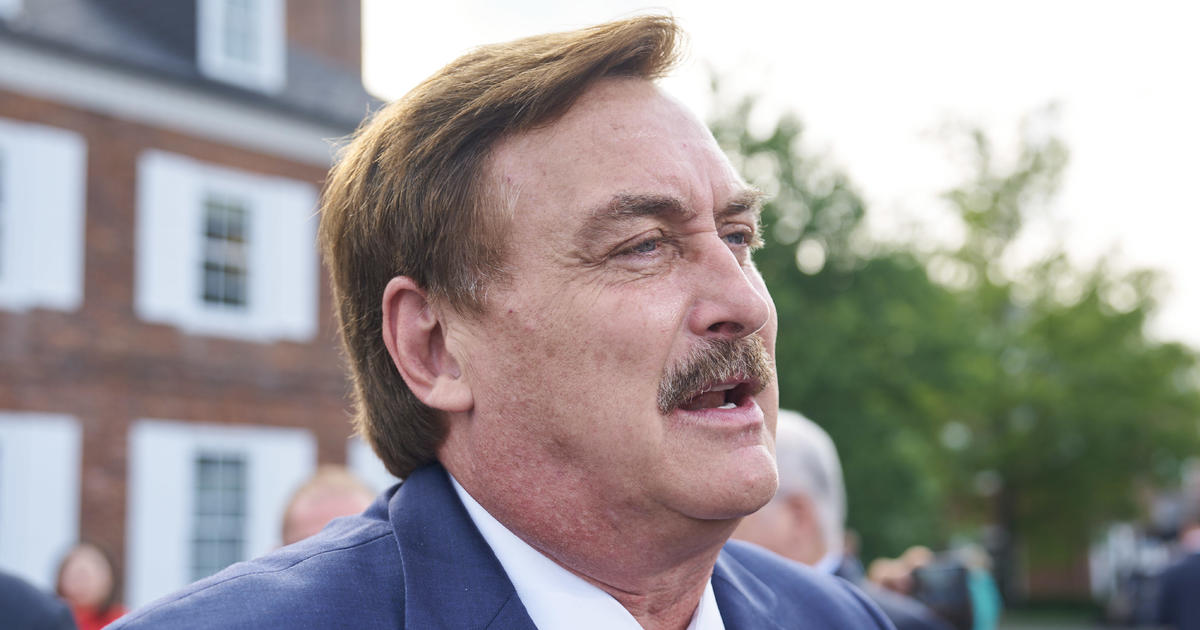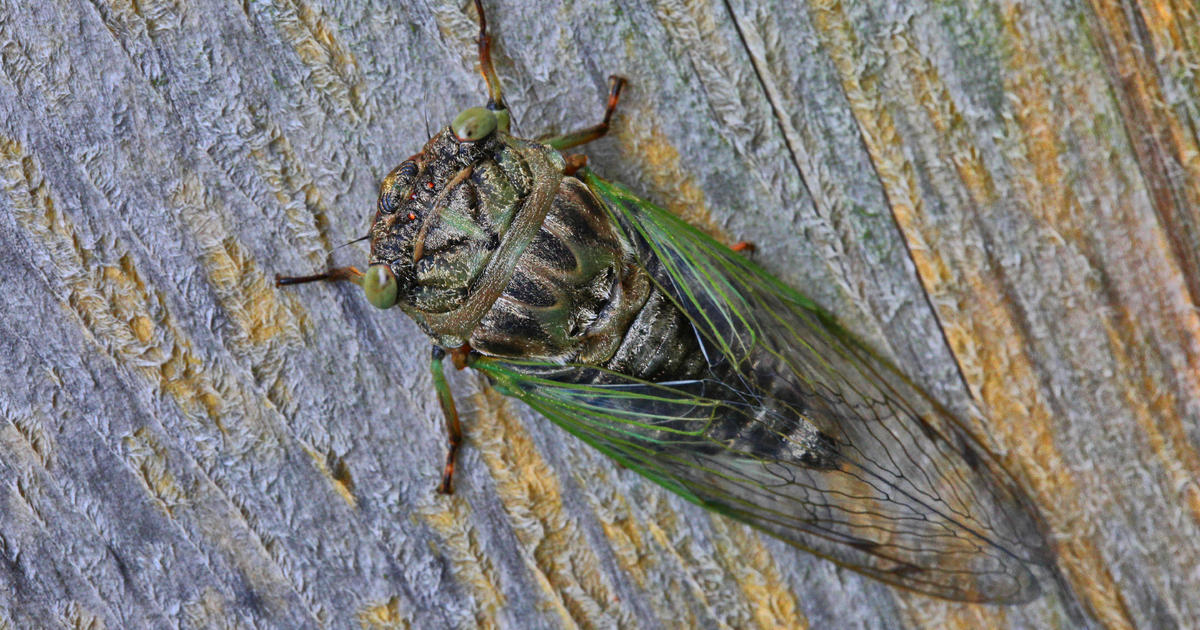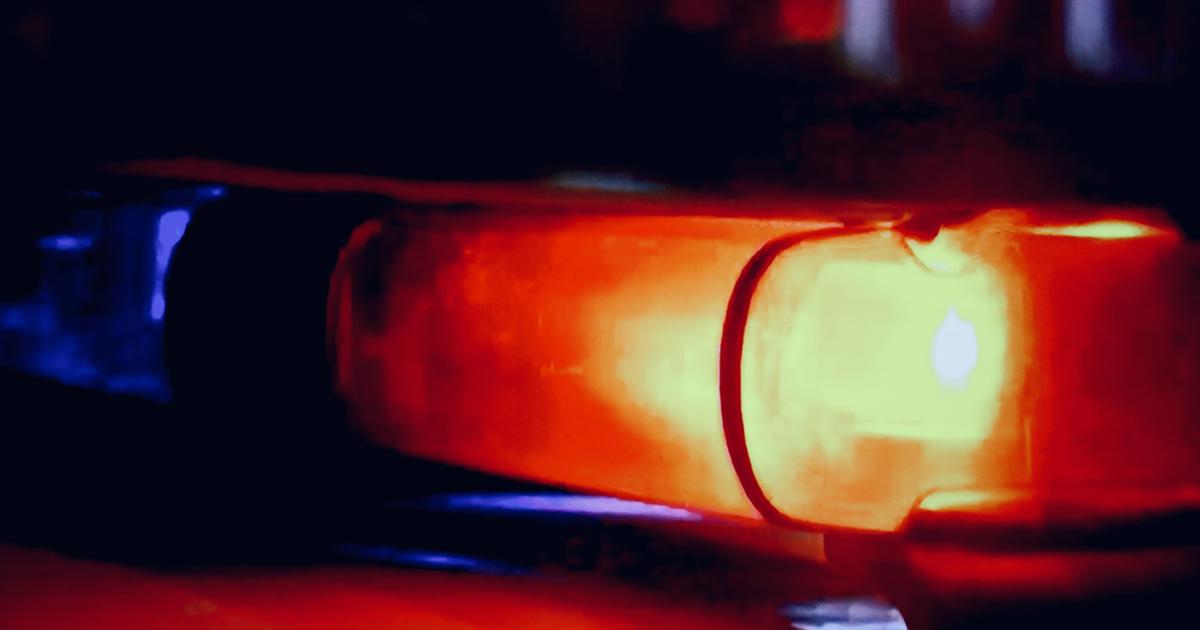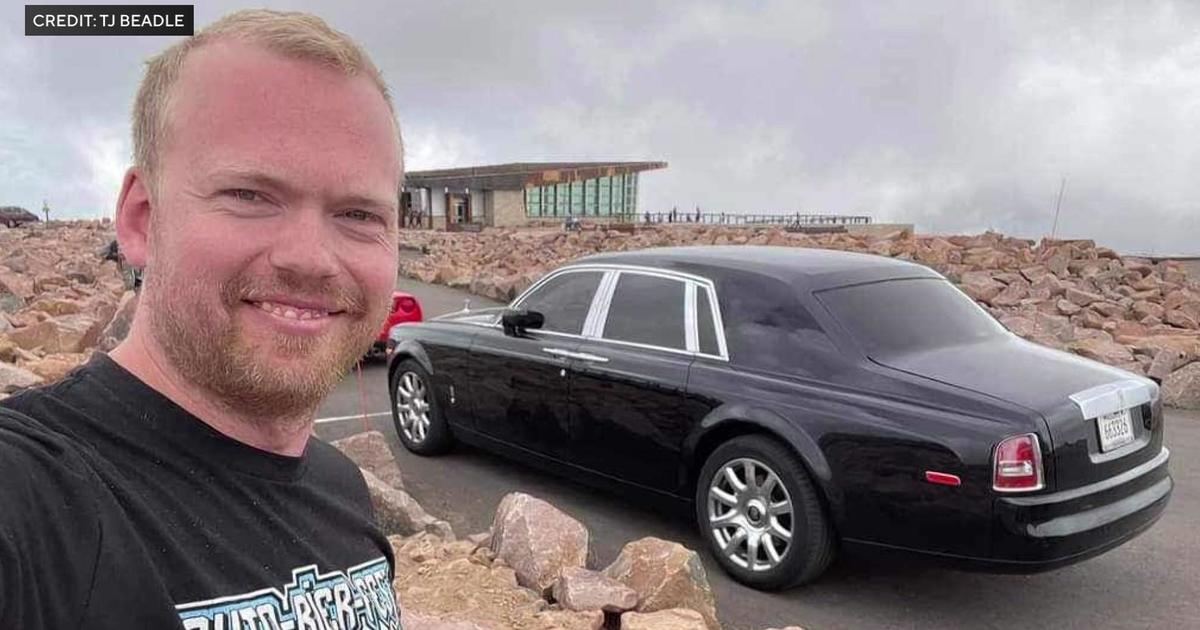Kyle Rittenhouse Trial: Prosecutors Rest Their Case; Will Rittenhouse Take The Stand?
CHICAGO (CBS)-- Kenosha County prosecutors rested their case in the Kyle Rittenhouse trial on Tuesday afternoon, after more than five days of testimony.
Before the defense began presenting its case on Tuesday, the judge dismissed a curfew violation citation against Rittenhouse, ruling prosecutors had not provided sufficient evidence.
Prosecutors have spent the past week trying to paint Rittenhouse as the instigator of the shootings that left two people dead and another wounded on Aug. 25, 2020, during widespread civil unrest following the shooting of Jacob Blake, a Black man, by a white police officer.
The defense has countered that Rittenhouse, then 17, was acting in self defense when he shot and killed Joseph Rosenbaum and Anthony Huber, and wounded Gaige Grosskreutz.
During opening statements, defense attorneys said Rittenhouse will testify in his own defense.
Before resting their case Tuesday, prosecutors called on the doctor who performed autopsies on Huber and Rosenbaum.
He described how Huber died of a gunshot wound to the chest.
"It basically travels through his chest and creates trauma to both of the lungs and specifically the heart," Dr. Doug Kelley said. "There's a lot of damage to the heart."
Rittenhouse looked away when photos of Huber's body were shown.
Kelley also testified Rosenbaum died of a gunshot wound to the back, although on cross-examination, defense attorneys asked him about soot on Rosenbaum's hand.
"That hand was over the barrel of Mr. Rosenbaum's gun when his hand was shot," defense attorney Mark Richards said.
"That makes sense," Kelley said.
Jurors also heard from Grosskreutz himself on Monday, as he told jurors he thought "I was going to die" during his encounter with Rittenhouse.
Jurors were shown graphic evidence of Grosskreutz's injuries as he took the stand to tell the jury what he was thinking in the moments leading up to the shooting. Grosskreutz, who was holding a handgun during his encounter with Rittenhouse, claims he pulled his weapon because he believed Rittenhouse was an active shooter.
Grosskreutz, a certified emergency medical technician, said while he didn't see Rittenhouse kill Rosenbaum, he heard the gunshots, and ran towards them to try to help.
Pictures from earlier in the night showed Groskreutz assisting other injured protesters. Jurors saw video of an exchange he had with Rittenhouse, asking the teen who was carrying an AR-15 style rifle, "Hey, what are you doing? You shot somebody? Who is shot?"
"In the moment, I thought that the defendant was an active shooter," Grosskreutz testified.
Grosskreutz had an expired concealed carry license. The gun was hidden in the waistband of his shorts. He said he grabbed it as others in the crowd chased after Rittenhouse
Grosskreutz acknowledged he was holding a handgun as he approached Rittenehouse, but said he and Huber were only trying to detain and disarm Rittenhouse, not to kill him.
"That's not the kind of person that I am. That's not why I was out there," he said. "That's not someone I am and not someone whom I'd want to become."
When jurors were shown video of the moment Rittenhouse shot Huber, prosecutors asked Grosskreutz what was going through his mind.
"That I was going to die," Grosskreutz said.
After Rittenhouse shot Huber in the chest, Grosskreutz can be seen in cell phone video putting his hands in the air—he said he believed Rittenhouse pulled the trigger, but the gun didn't fire. Grosskretuz said that's when he tried closing the distance between himself and Rittenhouse
"In that moment I felt that I had to do something and prevent myself from being killed or being shot," he testified.
Rittenhouse shot Grosskreutz in the arm, and Grosskreutz said he lost 90% of his bicep.
In court, the jury was shown very graphic images of Grosskreutz's injury to his arm. At one point, the jury grimaced, and several jurors looked away.
Attorneys for Rittenhouse got Grosskreutz to admit that several statements he made to police the night of the shooting contained errors, or omitted key facts – most notably that Grosskreutz pointed a gun at Rittenhouse.
"Would you think in a case where you are shot that providing the police information that you were actually possessing a firearm at the time would be relevant?" defense attorney Corey Chirafisi asked.
"I think that's fair, yes," Grosskreutz said.
Rittenhouse's attorneys have said he shot Rosenbaum, Huber, and Grosskreutz in self-defense. In Grosskreutz's case, they said he only fired when Grosskreutz lowered his gun in the teen's direction.
Rittenhouse, now 18, faces multiple felony charges, including intentional homicide, reckless homicide, reckless endangerment, and weapons violations.
The one-time police youth cadet from Antioch, Illinois, had gone to Kenosha with an AR-style semi-automatic rifle and a medical kit in what he said was an effort to safeguard property from the damaging demonstrations that broke out over the shooting of Jacob Blake, a Black man, by a white Kenosha police officer.
Rittenhouse has said he was acting in self-defense when he shot Grosskreutz, Huber, and Rosenbaum, but prosecutors have argued it was Rittenhouse who instigated the violence that night in August 2020.
"We strongly believe that he should be found guilty on all counts, and that our client, Mr. Grosskreutz, told the world what happened - that Rittenhouse shot at him, it didn't go, he re-racked, and then he fired at him again - and unfortunately, he shot him and nearly killed him," said Grosskreutz's attorney, Kimberly Motley.
Jurors have heard six days of testimony so far.



